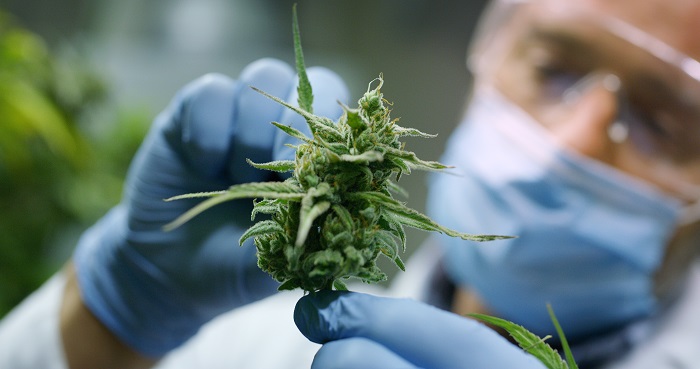What the Science Says About CBD Oil

Marketers say cannabidiol (CBD) helps with many different ailments. But what does the science say? For the most part, researchers haven’t completed enough high-quality clinical studies to understand CBD’s efficacy. Here’s what you should know if you’re considering CBD:
Seizures
The only FDA-approved CBD product is the prescription drug Epidiolex, which treats two types of rare and severe epilepsy. The FDA considers medical claims of any other CBD product to be unproven. The agency cautions that formulations and dosing in any other CBD products are uncertain because they are not regulated.
Fitness
CBD is sold as a sports supplement to boost energy and performance, reduce muscle soreness and promote workout recovery. However, a recent, rigorous study found no benefits to fitness, physical activity, inflammation or mental health and well-being after taking CBD oil for eight weeks.
Still, the results suggested CBD might help preserve active adults’ capacity for short, intense exercise. This finding needs more research, but it’s a starting point for future studies.
Chronic Arthritis Pain
“Well-designed studies demonstrating compelling evidence that CBD is safe and effective for chronic arthritis pain in humans do not exist,” according to Harvard Health. Further, CBD products marketed for pain relief often contain other potentially pain-relieving ingredients such as arnica or menthol, making it difficult to tell how effective the CBD component is.
Anxiety
Some research shows that CBD may help people with social anxiety disorder or moderate to severe anxiety. Further research is needed to know if it’s better than existing treatments.
Before using CBD, talk to your doctor. CBD can affect the potency of certain medications and vice versa.
Need a doctor? We can show you how to explore your health insurance provider network. Please get in touch if you’d like help.
